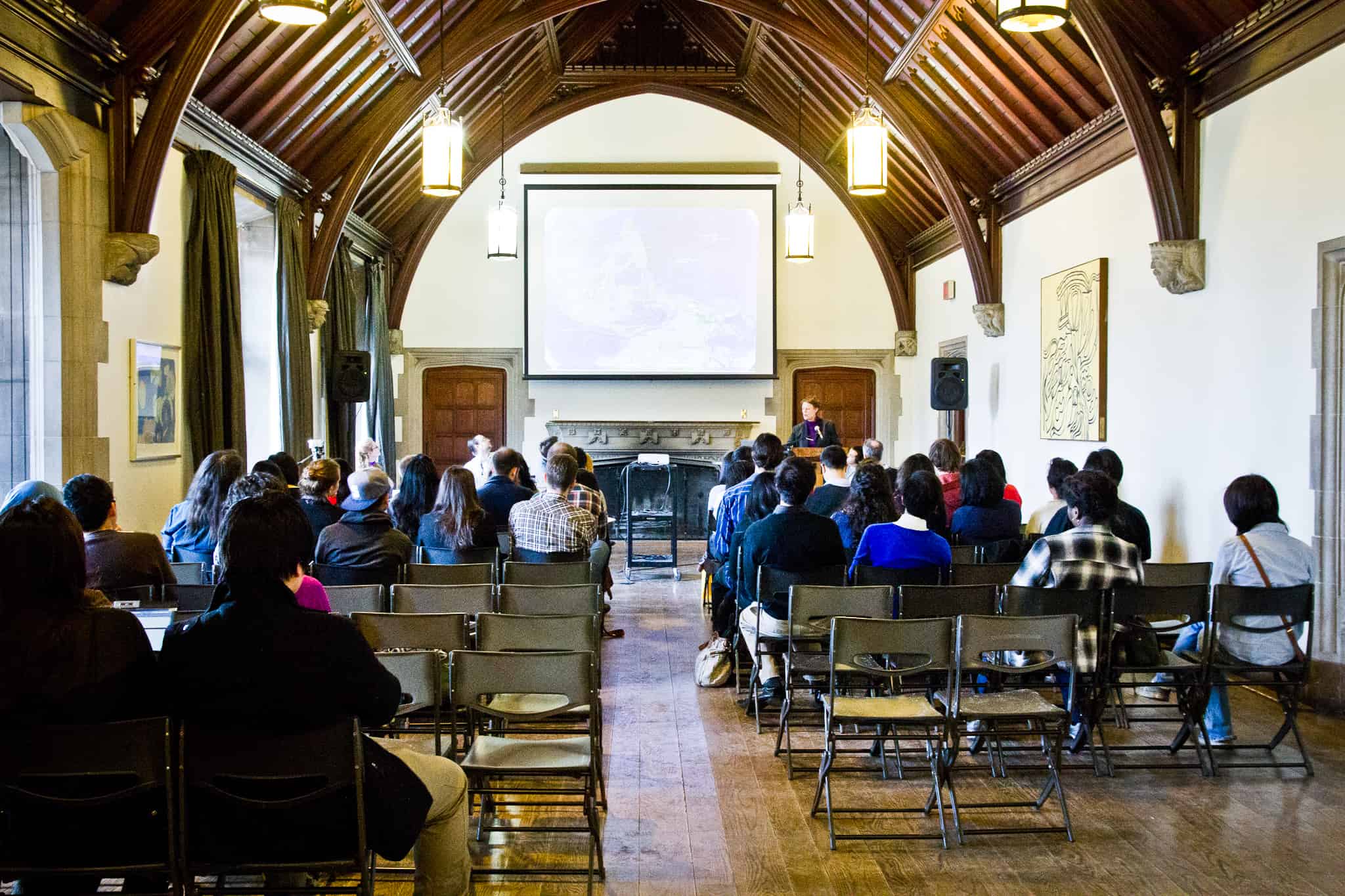Students gathered at Hart House last Friday to Sunday for the first annual INDePth Conference for Sustainable Development. The Pan-Asia Student Society and the Asian Institute hosted the three-day student-run event this year, focusing on Indonesia.
Event co-chair Mimi Liu said the event was an effort to bring together students from diverse backgrounds so they could form important networks.
“Students will be able to engage intensively in workshops to understand the ways in which economic and social developments work in the regional context,” Liu said.
The event received great feedback from U of T students in attendance.
“I like how it’s workshop oriented and participant driven so that we get a chance to interact with others,” said Kim Kinnear, an international relations and political science major at U of T.
Participants from other universities, such as the University of Alberta, University of British Columbia, University of Ottawa, and Ryerson University, attended the event as well.
“I actually learned a lot and this event definitely broadened the scope of possibilities on development,” said Ryerson public affairs and policy management student Olivia Tran. “I think that it’s important to get out there and meet different people. It’s not all about getting good marks in school.”
More than three keynote speakers were present on the first day of the event, while the following two days were filled with workshop-intensive debate.
The speakers came from diverse academic backgrounds and spoke about different perspectives on integrating the global south.
Biotechnology specialist Dr. Rahim Rezaie, a post-doctoral fellow at the Munk School of Global Affairs, shed light on the biopharmaceutical industry in India and China.
The second speaker, Dr. Vijaya Sripati, illustrated the problems with the UN model of helping developing countries build their own constitutions.
“If you take a look at all the newest constitutions made, they are all the same throughout,” argued Sripati, an Osgoode Hall law school PhD candidate specializing in international law and constitutionalism. “The UN needs to rethink its strategy because not all countries are the same and therefore they need different solutions.”
International relations and higher education expert Dr. Lorna Jean Edmonds ended the discussion by highlighting key problems in Canada’s current model of helping third-world countries experiencing war. She stressed that Canadians need to think inside the box when it comes to deciding what is best for them. This way, she said, they will be able to develop an empathetic understanding of what they are going through. Edmonds also stressed the importance of interdisciplinary networking.
“The power of globalization rests with all of you; that’s why it’s important to think about that possibility — because it is there,” Edmonds remarked.
The Pan-Asia Student Society, formerly known as the Asia Pacific Club, hopes to make this conference a yearly event.


